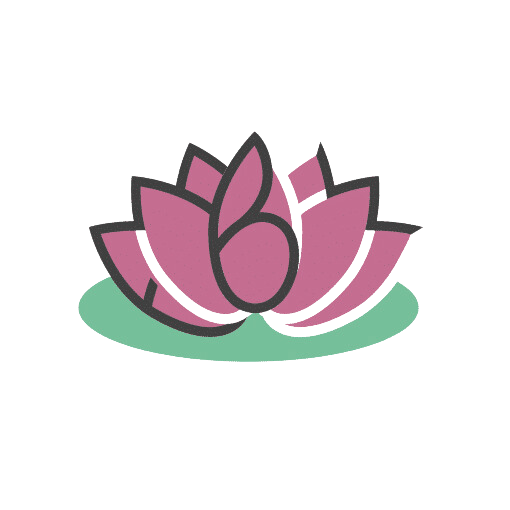How to Tell If You Are an Introvert or Have Social Anxiety
Social anxiety has often been used interchangeably with introversion in our culture today, making those that simply recharge by more solo, quiet activities question whether their way to unwind is problematic or if it borders on having social anxiety. It can be confusing and makes knowing if or when you should get support difficult.
The truth is there is absolutely nothing wrong with either of them. And if either is causing issues or challenges for you in your life, know that there are many ways of overcoming those challenges.
It is helpful to understand the differences:
1. Nature vs. Nurture: To start, introversion is an inherent personality trait and something you are born with; you essentially come out of the womb having a preference for solo activities. Social anxiety, on the other hand, is a learned response. It can develop at any time, but often is learned in childhood. You may have been teased in front of your peers on the playground or laughed at while giving a presentation in class and learned to avoid social situations that could end in ridicule or anxiety. The challenge is once you begin avoiding social situations, you never allow yourself to learn that things are often not as bad as you imagine, and that in fact, you are capable of so much more than you believe.
2. Fear vs. Preference: Social anxiety is driven by fear and gets in the way of living your life. You will avoid or leave social situations for fear of judgment by others or desire to avoid possible embarrassment or feeling awkward. With introversion, there is simply a preference to unwind in more solo, often quiet activities. There is usually no fear of judgment or ridicule by others. An introvert may decide to leave a party because they are beginning to feel their energy drain; but it’s generally not because they feel awkward or anxious.
3. Feeling good vs. less anxious: Introverts often feel more energized and recharged after some solitude, whereas with social anxiety, solitude allows the sufferer to feel less anxious than they would in a social situation, but they never really feel better (important note: with treatment and support, they can overcome this) or recharged afterwards.
4. Confidence vs. Incapable: Introverts generally feel comfortable or even confident in social situations; they can “turn it on” when they need to. This becomes easier when they build in some solo recharging before and/or after social events. Social anxiety sufferers, on the other hand, often feel inept in social situations, fearing judgment and awkwardness during conversations.
Some specific questions to can ask to help determine if your challenges are symptoms of social anxiety:
1. When did my symptoms start?: If you used to love being around people and felt energized and alive afterwards and suddenly began feeling anxious or avoidant of social situations, you may be suffering from social anxiety.
2. What is my motivation for wanting down time?: Does the idea of spending a quiet evening at home sound blissful and appealing (more likely introversion)? Or does it sound necessary to help me manage anxiety and fear about going to a party or other social event (possibly social anxiety)?
3. How do I generally feel in social situations?: If you begin noticing fear, negative self-talk that questions yourself and your social abilities, and a desire to avoid social situations, you are likely experiencing social anxiety.
You can read more In this article I helped contribute to, where the author, Eva Taylor Grant, discusses 11 signs you aren’t an introvert, you have social anxiety.
It is important to note, that if you are concerned about having social anxiety, there is treatment and support to overcome it. Working with a mental health counselor or wellness coach can help you unlearn your negative self-talk, work through your fears and avoidant behaviors, and instead learn ways of managing social situations with confidence and ease.

